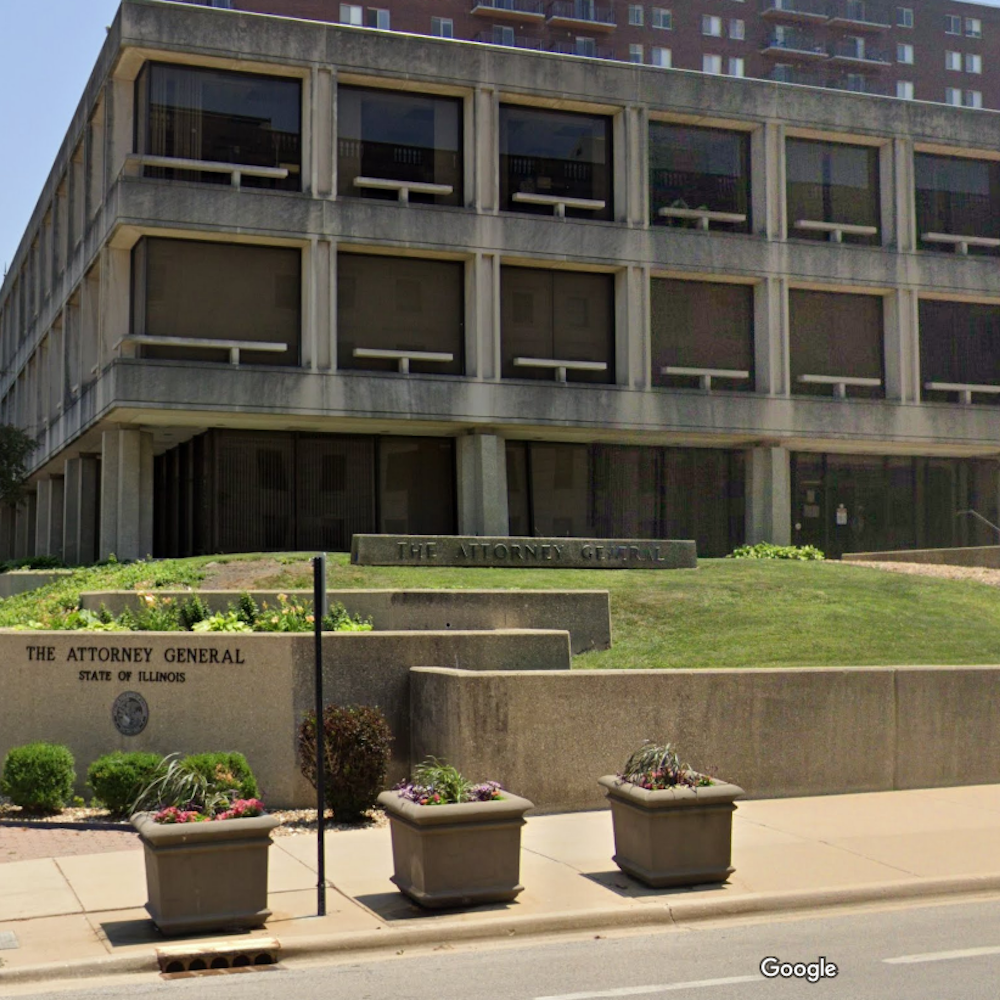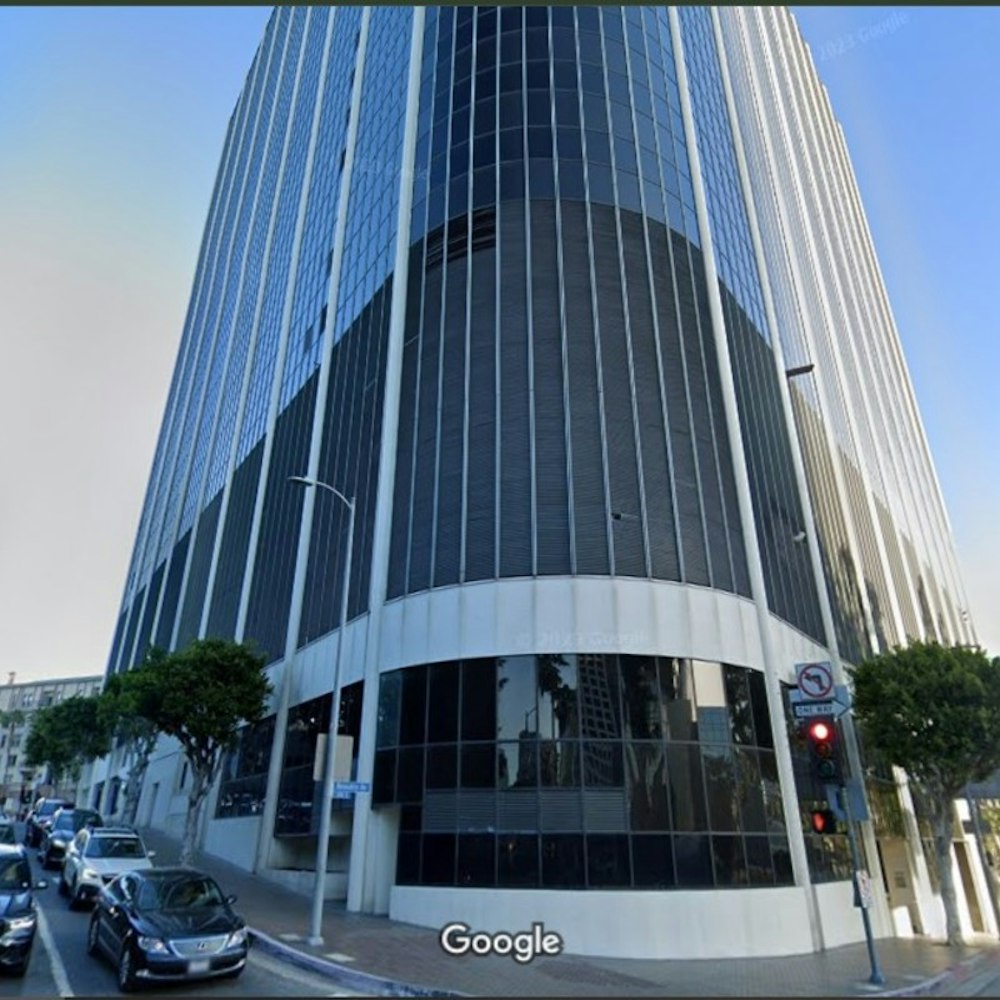
State Sen. Nancy Skinner, D-Berkeley, is pushing California's green initiatives a step further with the introduction of her 2024 Climate Package, aimed to aggressively lower greenhouse gas emissions from the industrial sector and give a much-needed boost to environmentally conscious construction materials. Announced today, Skinner's legislative suite features bills that target industrial decarbonization, support the green cement and concrete industry, and look to establish a state market for the recycling of rare metals crucial to clean energy technologies such as batteries, electric vehicles, and wind turbines.
With the industrial sector sitting as the culprit for about one quarter of California's greenhouse gas emissions, SB 941 takes the onus of examining strategies for the sector's decarbonization, focusing both on industries where zero-emission options are already available and those still in development. As reported by the official news release, Skinner noted, "My 2024 Climate Package builds on these accomplishments by expanding our efforts to decarbonize California’s industrial sector."
Proud to announce my #caleg 2024 Climate Pkg, which includes bills designed to decarbonize CA’s industrial sector and lay the groundwork for creating a new market to recover & reuse rare metals essential to batteries, EVs & other clean energy applications.https://t.co/FEmSLtVDsN
— Nancy Skinner (@NancySkinnerCA) March 20, 2024
Another pillar of Skinner's plan, SB 1073, deals with the construction material that forms the backbone of urban development: cement. This bill allows state agencies to procure low-carbon cement or concrete products for contracts extending up to a decade, a move previously restricted. With public agencies as the biggest consumer of these materials in California, Skinner hopes to leverage state purchasing power to catalyze the adoption of low-carbon concrete technologies.
Perhaps the most innovative of Skinner's efforts is encapsulated in SB 1306, which aims to kickstart an in-state market for the recovery and reuse of rare earth elements and other precious metals. These materials, essential in modern clean energy tech, currently have a life cycle that is detrimentally extractive and carbon-intensive. There is an overlooked opportunity since a significant portion of these materials can be sourced from discarded electronics like cellphones and hard drives. According to the announcement, Skinner believes that this recycling can potentially satisfy up to 40 percent of the metal demand by 2050 in the United States, China, and Europe.
Sen. Skinner, who has a track record with climate legislation, also waits to see the progression of SB 233, a bill from last year poised to accelerate the shift to electric vehicles with bidirectional capabilities.









-1.webp?w=1000&h=1000&fit=crop&crop:edges)